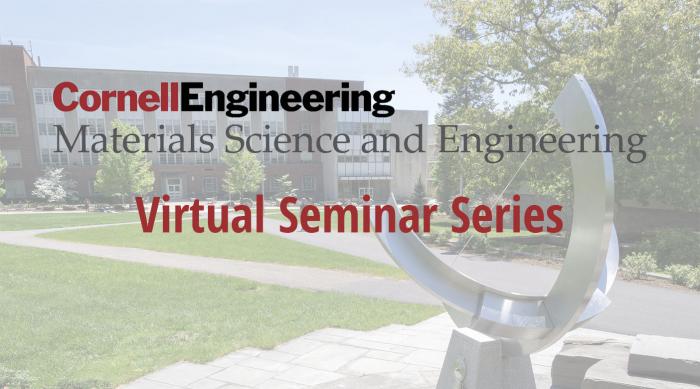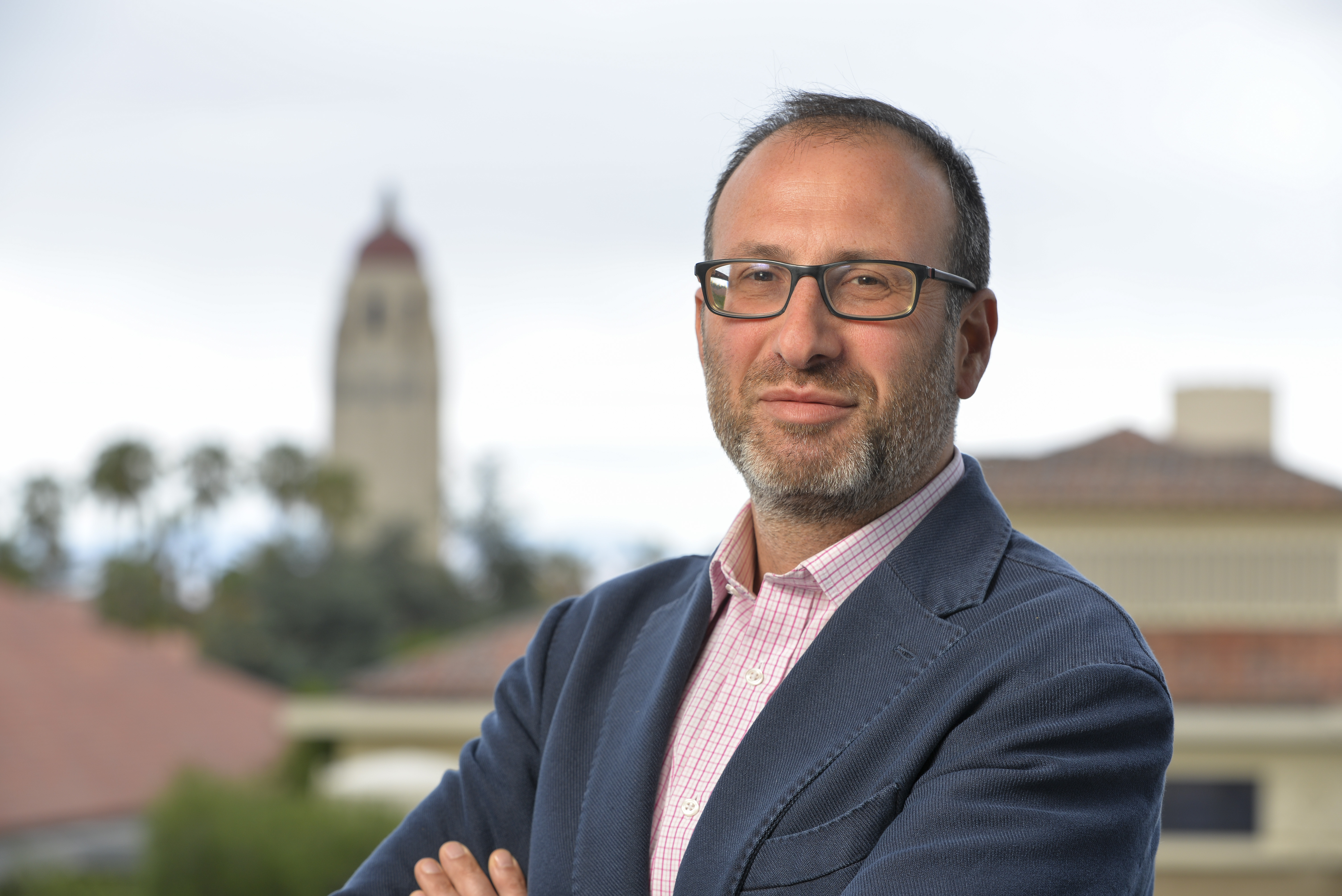
MSE Virtual Seminar Series: Alberto Salleo, Stanford
Description
Linking microstructure to transport in soft materials: the importance of lengthscales
Alberto Salleo, Stanford

Organic semiconductors are an interesting materials family for number of technologies including solar cells, LEDs, transistors and sensors. The fundamental premise of organic semiconductors is that synthetic chemists can generate materials with properties “on demand”. Unfortunately, even if this became a reality, we would not know what to order! Indeed, while organic semiconductors have been around for a while, the preeminent role of the microstructure in governing their properties is far from understood. In this seminar, I will emphasize the role played by structure at different length-scales and how charge transport is a complex multi-scale phenomenon. We use charge-modulated IR spectroscopy to measure the delocalization of charges in crystallites. Correlating carrier mobility to charge delocalization highlights the importance of mesoscale film properties, such as the connectivity of aggregates by tie-chains. As a result, we study the mesoscale organization of polymers using new techniques in the transmission electron microscope and complementary X-ray diffraction measurements at the synchrotron. By combining these techniques we are able to study the microstructure across a range of length-scales in real space and reciprocal space. Microstructural analysis at these lengthscales coupled with charge transport theory allows to better understand the role of defects. Thus, such multiscale studies of microstructure are instrumental in guiding our understanding of charge transport and in general structure-property relationships in soft materials.
Speaker bio: Alberto Salleo is currently Full Professor of Materials Science & Engineering and Department Chair at Stanford University. Alberto Salleo holds a Laurea degree in Chemistry from La Sapienza and graduated as a Fulbright Fellow with a PhD in Materials Science from UC Berkeley in 2001. From 2001 to 2005 Salleo was first post-doctoral research fellow and successively member of research staff at Xerox Palo Alto Research Center. In 2005 Salleo joined the Materials Science and Engineering Department at Stanford as an Assistant Professor in 2006. Salleo is a Principal Editor of MRS Communications since 2011.While at Stanford, Salleo won the NSF Career Award, the 3M Untenured Faculty Award, the SPIE Early Career Award, the Tau Beta Pi Excellence in Undergraduate Teaching Award, and the Gores Award for Excellence in Teaching, Stanford’s highest teaching award. He has been a Thomson Reuters Highly Cited Researcher since 2015, recognizing that he ranks in the top 1% cited researchers in his field.
For Webinar information please contact Kyle Page (kmp265@cornell.edu)

